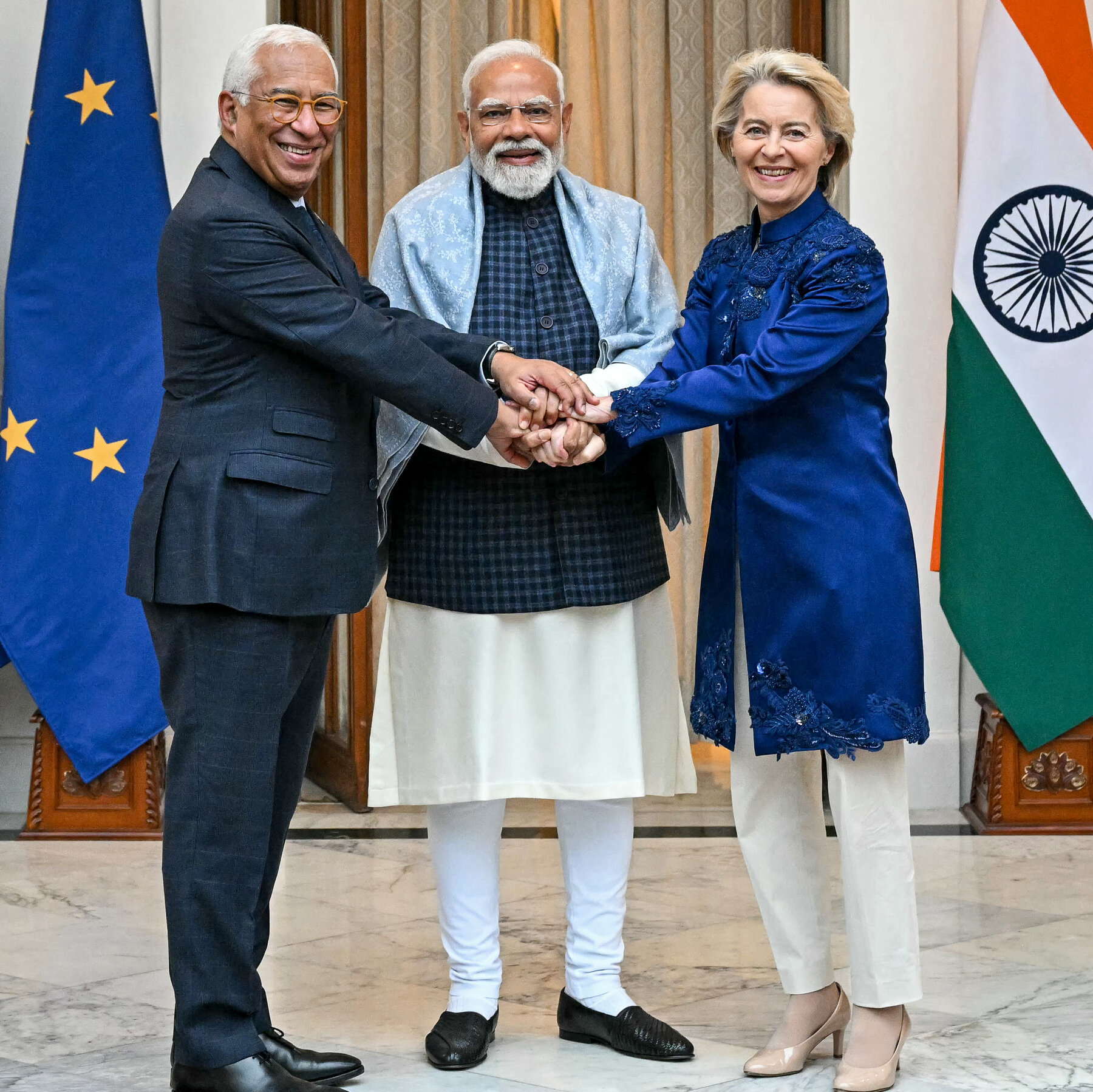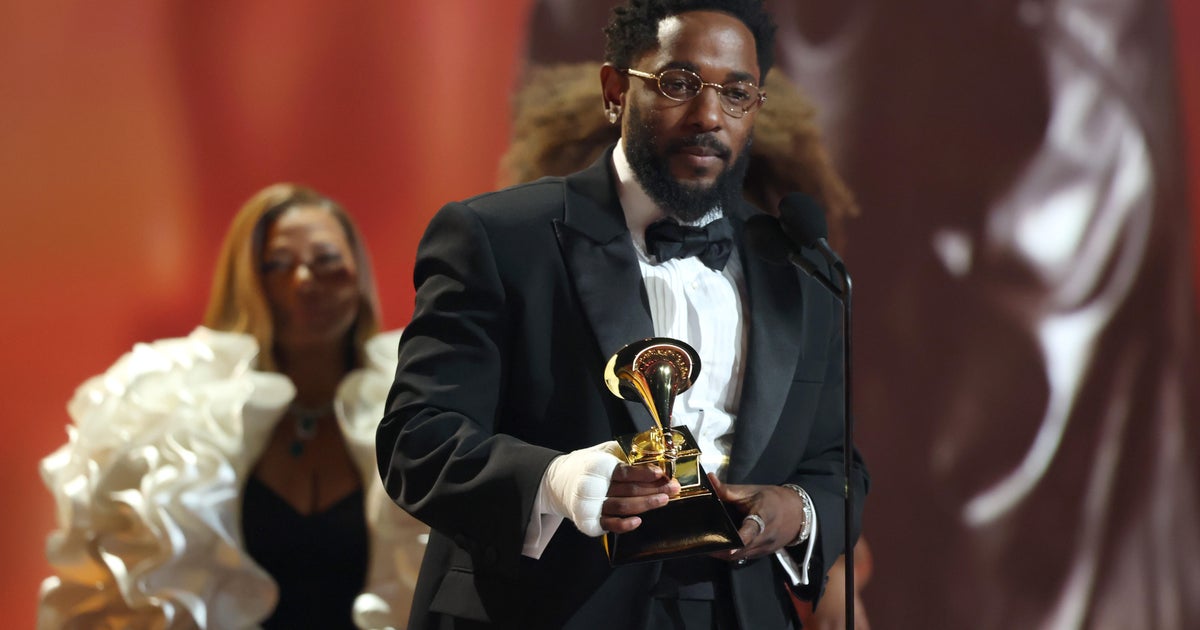
A government ban on Hungary’s annual Pride parade backfired on Saturday when more than 100,000 people marched through the Hungarian capital, far more than have taken part in previous such events.
Prime Minister Viktor Orban on Friday warned people to stay away from the banned parade, threatening “clear legal consequences” for anyone taking part. Government warnings, however, only turned what is usually a low-key event attended by a few thousand L.G.B.T.Q. activists and their friends into a mass rally against Mr. Orban’s government.
“What is most painful for me is to see how stupid they think we all are,” said Edit Rocza, 46, a special-education teacher who traveled from southern Hungary to take part in the march for the first time. She said she was outraged by Mr. Orban’s claims that the event had been banned to protect children from “homosexual propaganda.”
That, she added, was “just a distraction from all the stealing and other real problems we have in this country.”
In March, Mr. Orban’s party rushed legislation through Parliament that amended the right of assembly to make it illegal to hold gatherings like Pride parades, under an earlier law banning material that “propagates” homosexuality. Participants in such gatherings faced fines of nearly $600 apiece, while organizers risked imprisonment of up to a year.
The ban came as Mr. Orban and his party, Fidesz, were getting increasingly nervous about the rising popularity of Peter Magyar, a conservative opposition leader. Fidesz officials and party-controlled media outlets demanded that Mr. Magyar take a stand on Budapest Pride, setting what many saw as a political trap designed to out him as a closet liberal soft on child protection.
To prevent Mr. Orban’s government from derailing this year’s Pride parade, an annual fixture since 1995, Budapest’s liberal mayor, Gergely Karacsony, recast it as a municipal event celebrating Hungary’s recovery of full freedom when Soviet troops pulled out in June 1991. He allowed it to go ahead, renamed as Budapest Pride Freedom.

The authorities still insisted it was illegal and have threatened the mayor with jail, though they gave permission to an anti-gay march planned for Saturday by a far-right party.
The police watched the Pride parade from the sidelines but, by late afternoon, had made no effort to halt the flood of people surging through central Budapest.
A minor kerfuffle broke out when a Dutch evangelical Christian walked through the crowd carrying a cross and cursing participants as “traitors to God,” followed by a man from Sweden waving a copy of the Bible.
The anti-gay march seems to have mostly fizzled. A small group of Our Homeland Movement supporters blocked a bridge across the Danube River on the original route of the Budapest Pride march. Marchers avoided them by taking another bridge.
Unable to find any marchers performing lewd acts or any evidence of the bacchanalia the government had been warning against for weeks, Mr. Orban’s media machine focused on traffic jams and minor scuffles caused by the march.
“Chaos at Budapest Pride,” read a banner headline in Magyar Nemzet, a media outlet that serves as Fidesz’s version of the Soviet communist party newspaper Pravda.
Mr. Orban, a populist nationalist, has long cast Hungary as a bastion of conservative values besieged by “woke” forces in the European Union and the United States, trying to distract attention from Hungary’s faltering economy and to rev up his right-wing rural base.

He has railed against “gender insanity,” and Hungary’s gay community has become one of his favorite targets, portrayed in pro-government media as a puppet of hostile foreign forces.
In February, when Mr. Orban first floated the idea of banning Budapest Pride, he cited the departure of the Biden administration’s ambassador in Budapest, David Pressman, a gay man who, along with other Western ambassadors, had taken part in past Budapest Pride marches.
Because Mr. Pressman had left, Mr. Orban said, “the event is no longer under international protection and it will not take place.”
Mr. Pressman, who now lives in the United States and did not take part in Saturday’s parade, said that he had never led the march, and that it “was never under international protection.”
Mr. Orban faces a real risk in the next elections. Most opinion polls give the party of his challenger, Mr. Magyar, a solid lead over Fidesz, raising the possibility that Mr. Orban’s party, in power for 15 years after four landslide election victories in a row, could lose power in a general election next year.
Mr. Magyar stayed away from the parade. In a message on his Facebook page Saturday, he offered oblique support for Budapest Pride, accusing Mr. Orban of trying “to turn Hungarian against Hungarian, in order to create fear and divide us.”
While Budapest Pride has in the past attracted a few foreign diplomats like Mr. Pressman, this year’s march drew more than 70 members of the European Parliament and scores of politicians from across Europe, including Sophie Rohonyi, the president of Defi, a liberal Belgian party.
Ms. Rohonyi said she came to Budapest to “show Mr. Orban that just because he is elected does not mean that he can do whatever he wants.” The right of assembly, she added, cannot be “thrown away just because a prime minister wants to ban Pride.”

Mr. Karacsony, the mayor, said he decided to go ahead with the parade because he was outraged that Hungary, a member of the European Union nominally committed to freedom of assembly and minority rights, would prohibit an annual event that has taken place with minimal fuss since 1995.
Balazs Szabo, a hard-line supporter of Mr. Orban who represents Hungary’s Polish minority in a local assembly, pleaded with the government to crack down.
“It would be an unacceptable loss of face for both the police and the government if the homosexual parade were to take place,” he said in an open letter published this past week by a pro-government newspaper.
Pro-government media outlets have sought to rally public opinion by publishing photographs of semi-naked men and women simulating sex acts at raucous Pride events in San Francisco and Berlin. Photographs of participants at a youth music festival have also been presented as proof that gay people pose a threat to the welfare of Hungarian children.
Budapest Pride has traditionally been a more buttoned-down affair. Eager to keep it that way and to avoid providing fodder for Fidesz, organizers urged visiting foreign L.G.B.T.Q. activists to “not show their genitals or nipples” and to respect local norms, Mate Hegedus, a Pride organizer, said. There is no dress code, he added, but “don’t wear less than you would on the beach.”
The request was largely heeded on Saturday.
Agnes Mehu, 59, another first-time attendee, brought her son, who uses a wheelchair, to the march, saying she “was fed up with this government trying to make us all afraid.”
She said she had never attended in the past because she was not particularly interested in L.G.B.T.Q. issues, but “this year it was very important to come and show that we are not afraid and don’t agree with what they are doing.”







-3.png)



